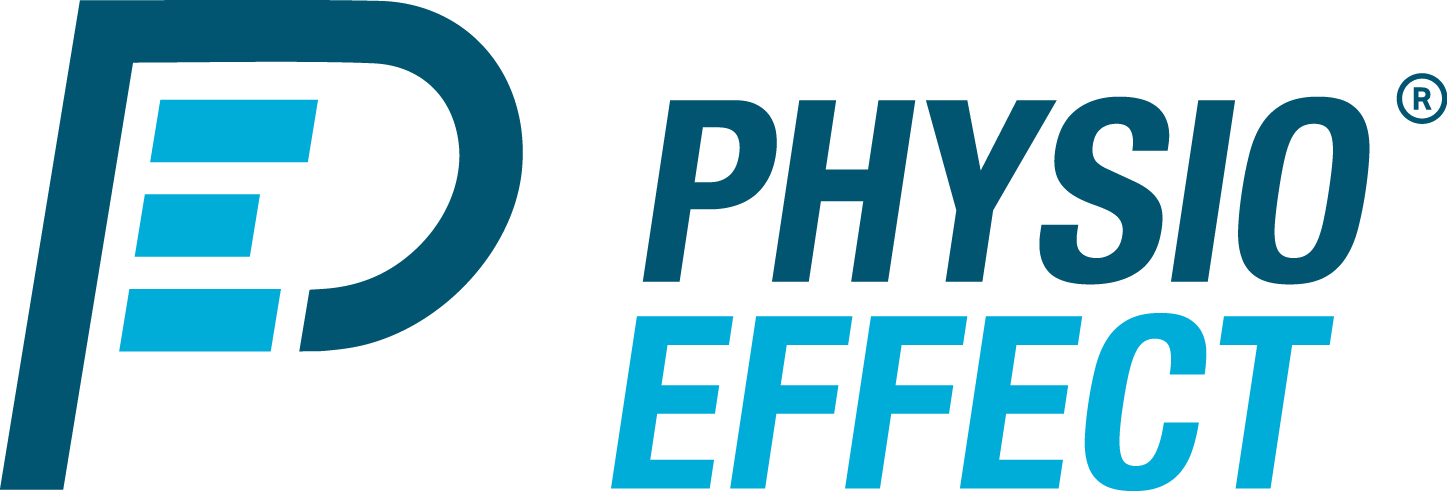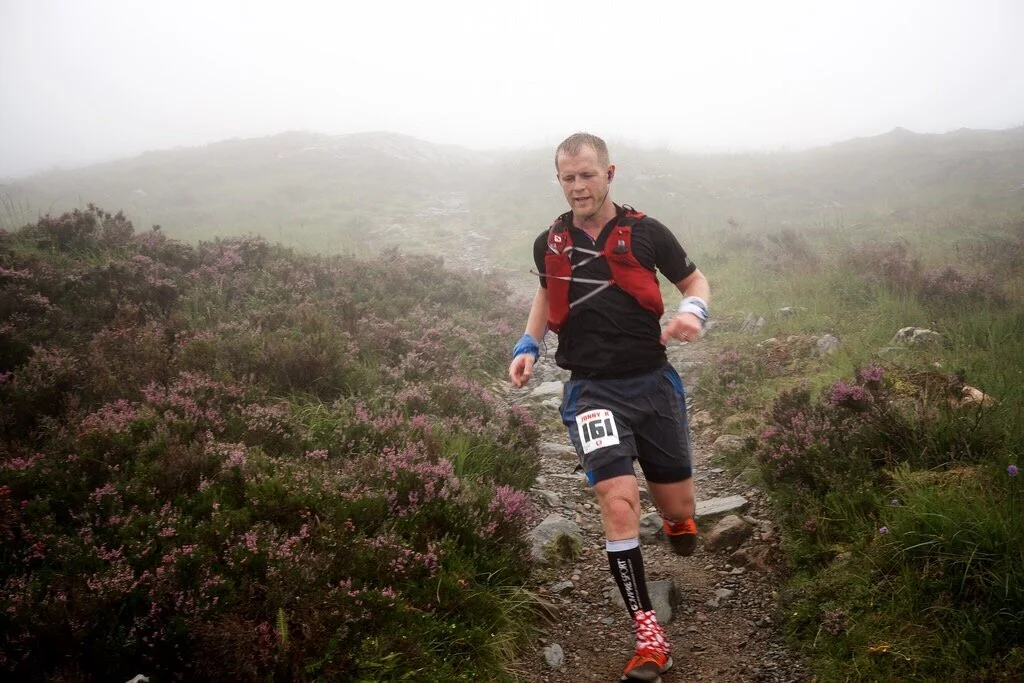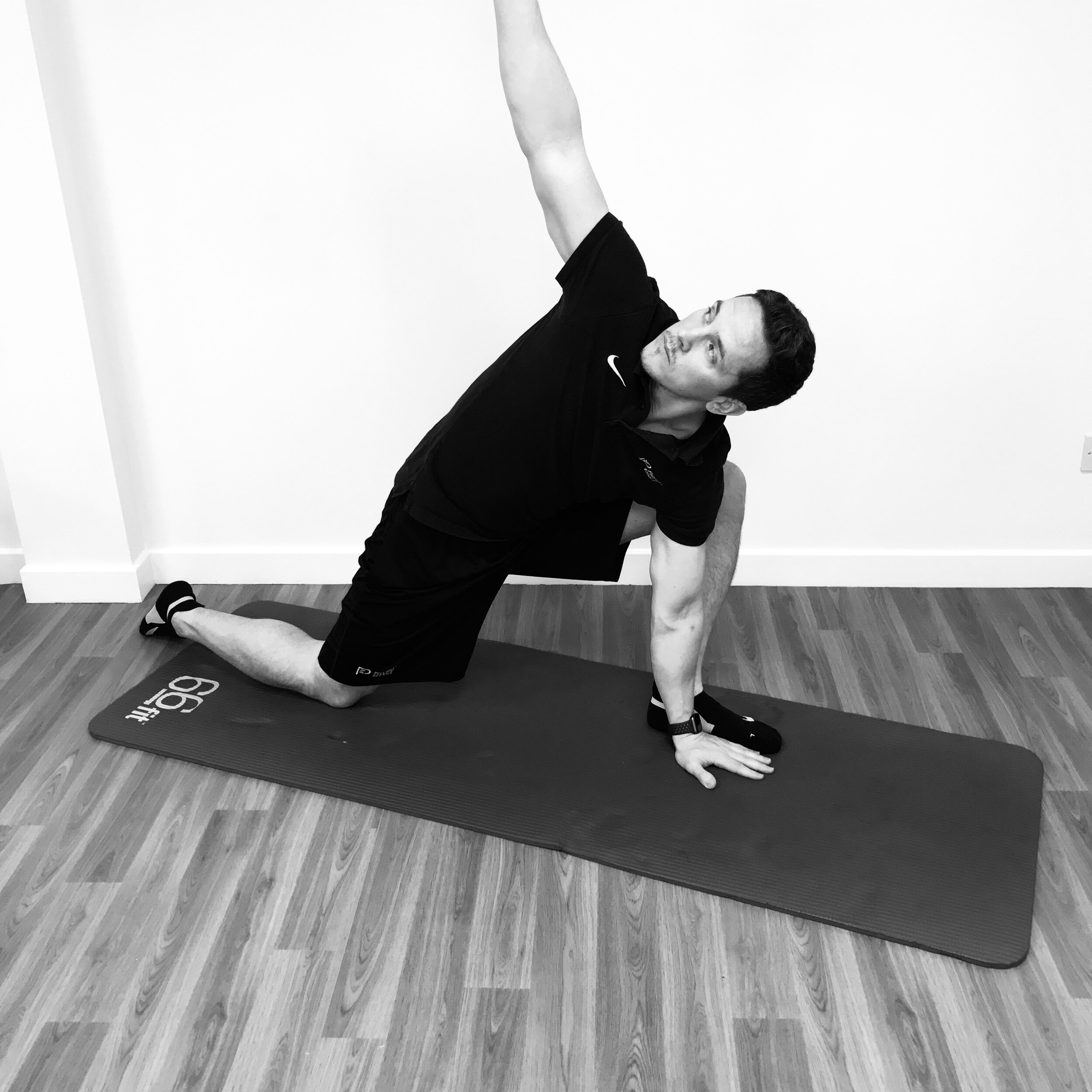Repetition can facilitate skill and and your running skill will greatly impact your running economy and risk of injury!
Written by Jonathan Kilpatrick: Sports Physio at Physio Effect, Running Analysis Specialist and fully fledged Ultra-runner
These are massive differences, so why are we all not working on our running technique?
Simply put, most of us wouldn’t know where to start or how to even identify if we have any technique issues. Running is such a complex interaction of whole body movement and coordination that it’d be impossible to be self aware enough to accurately identify you own running technique issues while you’re actually running. Most runners also don’t have a running coach, and the vast majority that do use a coach are not in an elite sporting set up and will likely only use a coach remotely for guidance with a running plan.
Often when we get injured as runners or aren’t performing as well as we’d like, we are much more inclined to look for reasons that are much easier for us to do something about than addressing the white elephant in the room - our own running skill and technique. I feel this is part of the reason why as a sports physio I will often see the same runners multiple times for recurrences of the same injuries, or injuries on the same side of body that can be related to the original issue. During treatment we can manipulate a number of things that are causing excessive overload such as footwear, running mileage or strength deficits. Improvements from this approach may however be short lived if a large part of the reason for the overload in the first place was due to an individuals running style or technique.
What do runners think causes injury?
When runners were asked in a study to identify the reasons the considered to be causing their injuries, they suggest the following:
Not Stretching
Not Warming Up
Wearing the Wrong Shoes
Excess Training
Lack of Strength
With the exception of static stretching there could be an argument that each of these could contribute to running related injury. As previously mentioned above, it must however be appreciated that runners with technique training benefited by a 62% decrease in injury rates over a year following a short period of running training. This could indicate running technique to be one, if not the biggest causes of running related injury. The more uninterrupted running training you can manage in any given year will also give you more opportunity to improve your running efficiency and reach your maximum potential in any running plan that you’re following.
As also previously stated above, running technique can influence your running performance massively to the tune of a 31% improvement. Without addressing your running technique you could unknowingly be wasting a lot of your energy and effort in a number of different ways such as creating excessive upward motion rather than forward motion, to give just one example. Technique issues could be the difference between a 25 minute 5k time and a sub 20 minute one based on such improvements. In reality this effect may become less with faster and more experienced runners but proportionately they will seem just as important once those runners can break through their own glass ceiling of performance.
Here is a 2 part podcast where Jonny Kilpatrick from Physio Effect chatted to Kate from the Glasgow Triathlon club about injuries and performance in endurance sports. This chat expands on the need to address technique issues in sports such as running as well as discusses numerous other running related injuries and how to prevent and treat them.
How and where can I get my running technique assessed?
It is possible to do a running analysis on yourself using slow motion video and a combination of running dynamics such as cadence (steps per minute) and relating these to you injury histories . This is however quite difficult and would require additional equipment such as a camera that will film in slow motion, analysis software, a tripod, a treadmill and equipment to capture your running dynamics such as a high end running watch that may need to combined with running pods to assess efficiency. I would advise using trained professionals such as the sports physiotherapists we have here at Physio Effect who have this equipment and the experience of working with runners regularly.
What does a running assessment involve?
This depends on your own individual needs but what we can provide includes:
Visual Treadmill Analysis:
This is done using slow motion camera footage taken from all 4 sides that is then assessed using slow motion analysis software where we can identify problems and make these clear using editing tools. Comparison can be made of multiple videos taken over time or even in the same session while working through technique cues. You will be provided with an analysis video showing the findings and effect of any cues we have used to improve your form.
Side View Before and After
Rear View Before and After
Running dynamics:
This is assessed using state of the art technology in the form of RunScribe pods attached to each foot while you run. These will provide us with every important running metric including cadence, impact forces, foot contact patterns and efficiency measures such as flight time and contact time. We can relate these measures to what we’re seeing in the video analysis as well as previous injuries and running performance issues. Having this data taken from each foot is extremely important as it will identify one sided problems which are nearly always found in running related injuries. This can also tell us how well suited your shoe is to your running style and also give us comparable figures to chart your progress.
A Sports Physiotherapy Assessment to identify previous and current issues that relate to what is identified on our Running Analysis is also performed. This may involve additional advice, treatment and exercises to enable sustainable improvement in your running and reduction in your injury rates.
Interested to find out more or book in for an assessment?
Our running analysis service is available now. Read more at our Glasgow Running Clinic Site. If you are interested in finding out more about this or booking in for the assessment please contact Jonny at the clinic via the following link:
Seek Help & Advice Sooner Rather Than Later
If you find yourself injured and unable to run it’s advisable to get your injury seen to and diagnosed as quickly as possible. Getting the right advice early with an injury will significantly decrease the amount of time you will have to take off from your running and it will likely decrease your levels of pain and the stress you experience associated with it.
At Physio Effect our therapists are experienced and highly skilled in advising and managing running related injuries and we will be able to help you reach a diagnosis and an understanding of your injury, including why this likely happened in the first place. We will be able to offer you advice on alternative forms of cardiovascular exercise as well as specific strength training to address your issue so you don’t feel like training has stagnated or regressed. All treatment plans can be time graded and clear to you, with milestones to achieve that not only address your current levels of pain associated with the injury but also the issues that may have contributed to you developing the injury in the first place. We will get you back running pain free ASAP!
Thank You
Thank you for taking the time to read this post, we are confident our running service can really make a huge difference and look forward to helping all runners smash their goals.
Please share this post with anyone who could benefit. If you have any questions or comments please just ask we would love to hear from you. Stay healthy and run well.
Jonny Kilpatrick - Ultra-Runner







